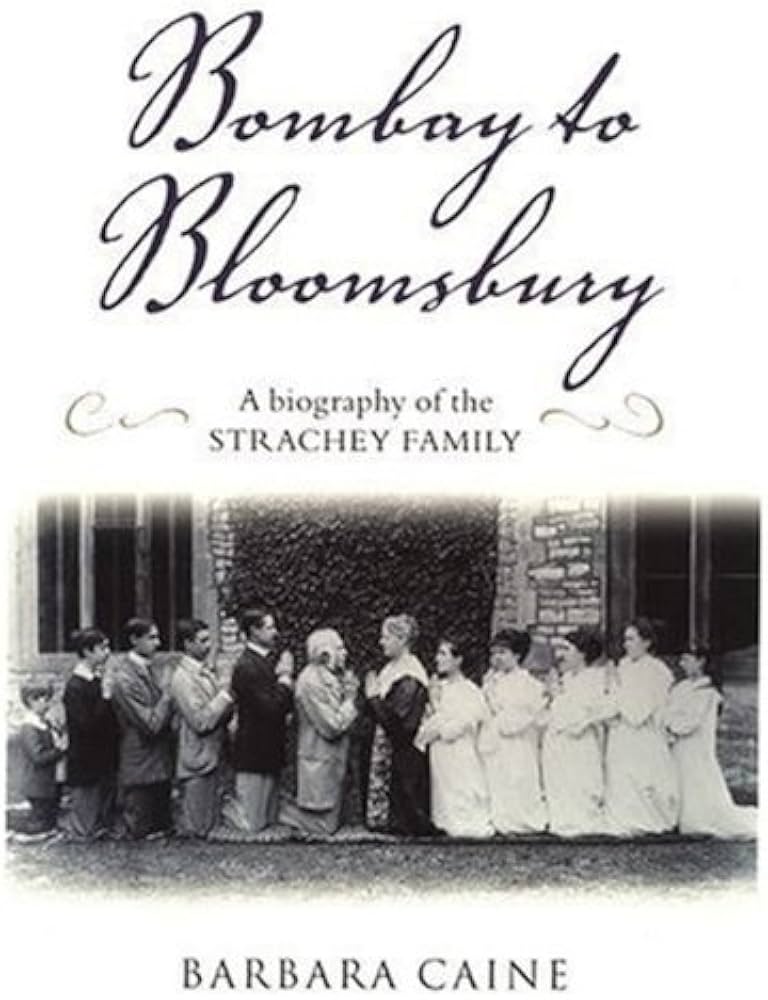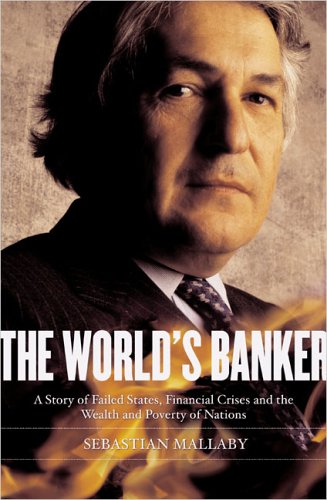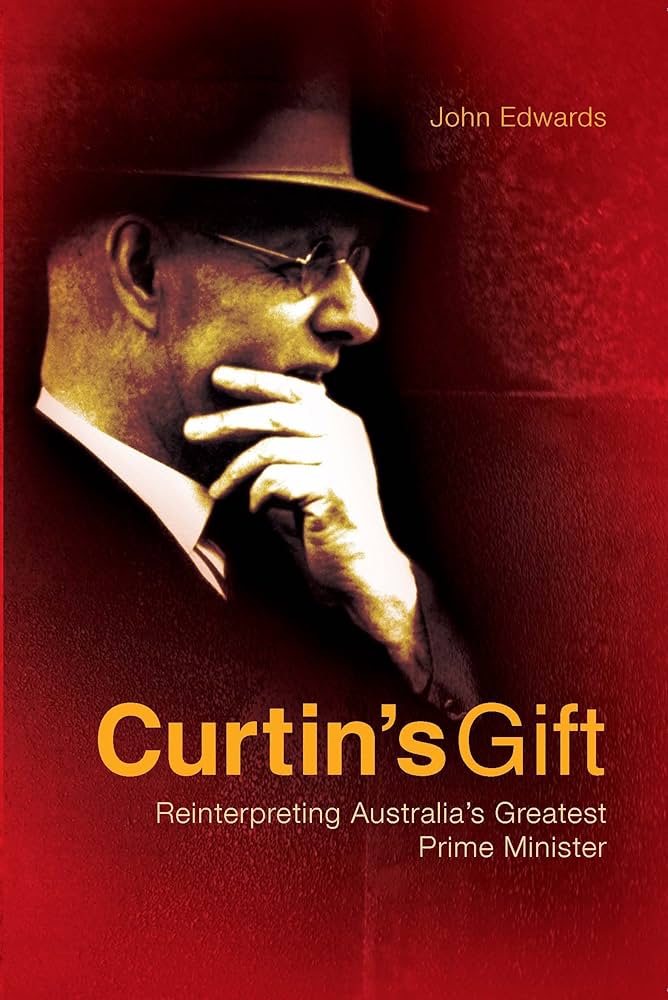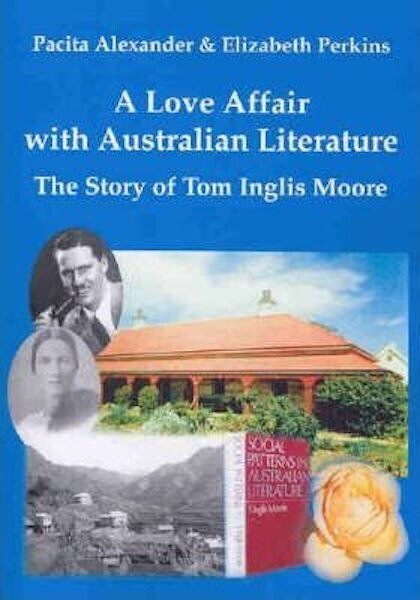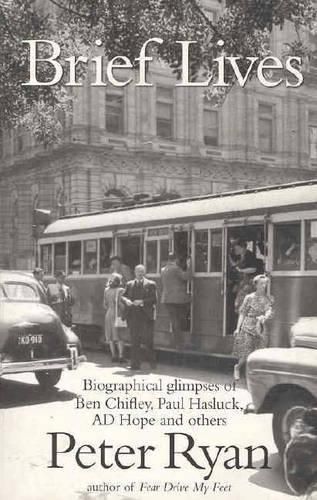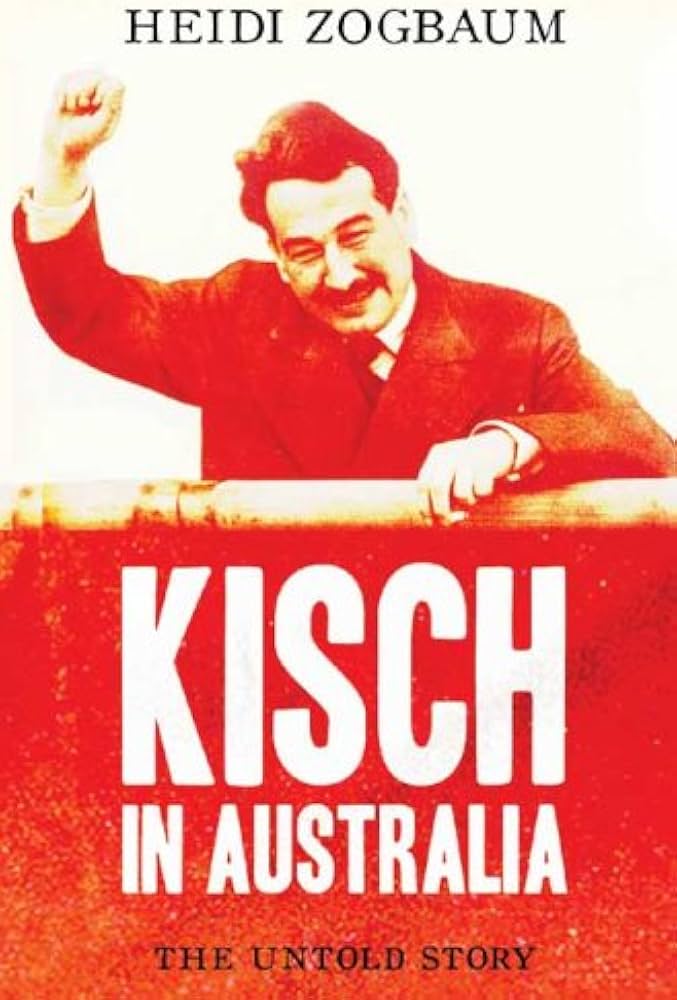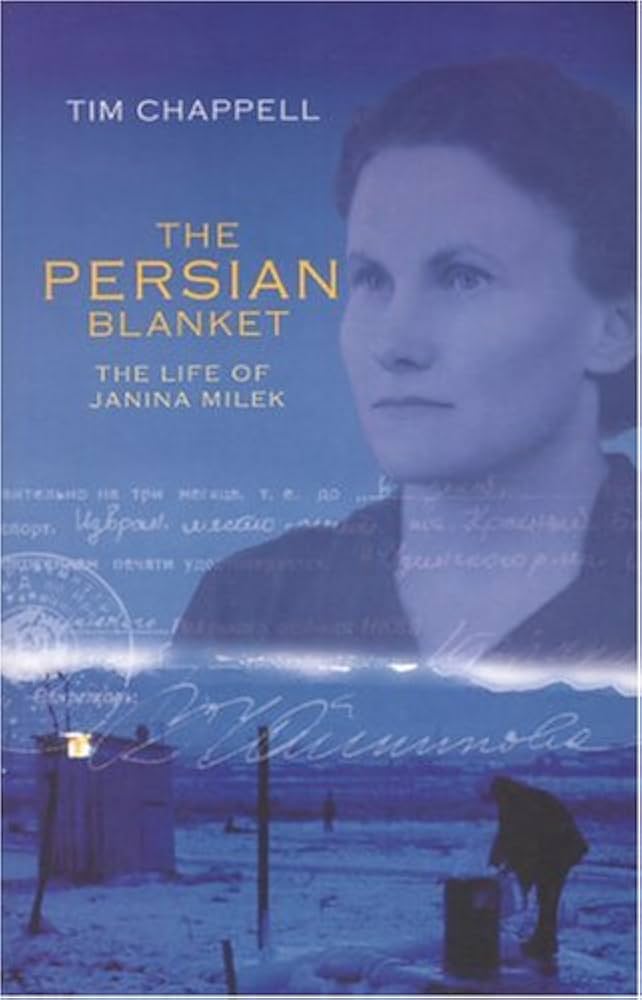Biography
Kerrie Davies’s Delta is touted as ‘the first ever biography on Delta Goodrem’. This is not entirely surprising, given that the singer–songwriter is only twenty years old. But Davies makes no secret of the mythical terms in which she views her subject: ‘[Delta] has raged against failure and exulted in the euphoria of success. Delta has felt the power of youth and the fear of death. And she has fallen in love, had her heart broken, and been betrayed. For Delta, this is just the beginning.’
... (read more)Bombay to Bloomsbury: A biography of the Strachey family by Barbara Caine
A full-blown history of sperm can’t be too long in the coming given the current academic vogue for studies of the body, and the huge spurt of curiosity prompted a few years ago by the appearance of a couple of tell-tale stains on the dress of a White House intern. It is possible the subject (or the object) first came into its own as a more than private matter when, nearly a hundred years ago, Lytton Strachey spotted a similar stain on the dress of his just-married friend Vanessa Bell and dared to name it in the mixed company of his assembled friends, the legendary Bloomsbury group in its embryonic days. ‘Semen?’ he enquired, with forensic candour, and forever after, so the legend goes, the group would never recoil from calling a sperm a sperm. ‘With that one word all barriers of reticence and reserve went down … Sex permeated our conversation. The word bugger was never far from our lips.’ So recalled Vanessa’s sister, Virginia, about a decade and a half later, when she had long since become the wife of Leonard Woolf and was already on the way to becoming one of the twentieth century’s most famous novelists and pin-up feminists.
... (read more)The World's Banker: A story of failed states, financial crises and the wealth and poverty of nations by Sebastian Mallaby
Each day I commute with Melbourne’s wage slaves on a privatised transport system that is invariably overcrowded due to cancelled or delayed trains. Dark thoughts whirl as I read Sebastian Mallaby’s The World’s Banker, a tale of ambition multiplied by ambition. In recent weeks, I have edited countless business stories, many of them half-year reports boasting profits of tens or even hundreds of millions of dollars, some increased by more than 100 per cent. Meanwhile, in the Third World, the raison d’être of the World Bank, children die for the want of mosquito nets worth two dollars. So what has James Wolfensohn achieved at the World Bank, and what has the World Bank achieved? According to Mallaby, there has been a real decline in world poverty. But one of the greatest achievements is the housing, feeding and clothing of thousands of the world’s neediest economists.
... (read more)Curtain's Gift: Reinterpreting Australia's greatest prime minister by John Edwards
John Curtin was recently voted Australia’s best prime minister by a panel of nine scholars of political leadership (The Age, 18 December 2004). He narrowly won over Robert Menzies (by one vote), but easily beat the likes of Bob Hawke, Ben Chifley and John Howard – in that order. Given that Curtin was prime minister for less than four years, while Menzies ruled for eighteen years, and given that most of Curtin’s policies were tough austerity measures of wartime preparation, his enduring reputation as Australia’s best prime minister is surely remarkable. Then along comes economist and former Keating adviser John Edwards, who says that Curtin’s deification has been pronounced for all the wrong reasons.
... (read more)Huge Deal: the fortunes and follies of Hugh D. McIntosh by Frank Van Straten
No Australian native son blazed brighter than Hugh D. McIntosh (1876–1942). Here is a lively biography of a Sydney boy who left school aged seven and rose to be the Squire of Broome Park in Kent, the stately seat of Lord Kitchener. McIntosh – contender though he became for a seat in the House of Commons – remained always an Australian. At Broome Park, a cricket pitch was laid down with ten tons of Australian earth, imported so that the visiting Australian Test team might practice on their native soil. The McIntosh ‘coat of arms’ came not from the College of Heralds but from the studio of his old mate Norman Lindsay. The very doctor who delivered him at birth was Charles Mackellar, father of that Dorothea who celebrated our ‘sunburnt country’.
... (read more)A Love Affair with Australian Literature: The story of Tom Inglis Moore by Pacita Alexander and Elizabeth Perkins
In 1954, Tom Inglis Moore established the first full-year university course in Australian literature at Canberra University College. English departments in Australian universities had until then resisted anything more than a token presence of Australian texts in their literature courses, many academics agreeing with Adelaide’s Professor J.I.M. Stewart that there wasn’t any Australian literature. Sadly, Inglis Moore’s pioneering initiative was to prove only a provisional victory in the continuing struggle for appropriate recognition of the national literature. When he retired in 1966, his Australian literature course was relegated to alternate years, and his parting plea that the Australian National University establish a chair in the national literature was ignored. In 1973, the ANU English department refused to appoint a specialist lecturer in Australian literature, prompting Dorothy Green to resign in protest. Fifty years after that first dedicated course, there are still only two established chairs in Australian literature in Australian universities – Sydney and James Cook.
... (read more)The Natasha Factor: Politics, Media and Betrayal by Alison Rogers
Alison Rogers has shone the spotlight on a shadowy aspect of politics: the role and experiences of the media adviser. As her story is also an insider’s account of Senator Natasha Stott-Despoja’s period as leader of the Australian Democrats, its value is enhanced, both for what it tells us about Stott-Despoja, as well as its less than flattering treatment of the Democrats’ party machine.
... (read more)In a long and interesting life, Peter Ryan has been especially fortunate in getting to know quite a few influential Australians and some little-known but unforgettable characters. Brief Lives offers pen portraits of fifteen of them, all but one of them male. The solitary female, Ida Leeson, had the distinction of being the ‘presiding genius of the world-famous Mitchell Library’, held the rank of army major in World War II, and was perhaps regarded as an honorary male in the Directorate of Research and Civil Affairs (DORCA), a rather peculiar army unit where Ryan met her in 1944.
... (read more)Kisch in Australia: The untold story by Heidi Zogbaum
An unfamiliar character from a strange land is barred from setting foot on mainland Australia. Desperate to land, he leaps from ship to shore, breaking his right leg in the process. A conservative attorney-general desperate to protect our borders, pursues this man, now on crutches, through the courts. The charismatic stranger wins his court case and holds the government up to ridicule. Shadowed unrelentingly by Canberra’s spooks, he urges Australians to look past their government’s pronouncements and discover for themselves the real dangers to world peace. Whilst history, even in Marx’s cycles of tragedy and farce, never neatly repeats itself, these duels between Egon Kisch, Czech communist, and Robert Menzies, Anglophile attorney-general, do have contemporary import. No doubt this explains why Kisch’s adventures in 1930s Australia have been told several times through film, theatre and books. In this new and enjoyable recasting of the drama, Heidi Zogbaum reminds us of the bare bones of Kisch’s Australian sojourn, focusing for the most part on his successful courtroom battles and European background. These are interspersed with detailed summaries from spies such as ‘Snuffbox’, charged with dredging up the evidence on Kisch’s European activities that led to his eventual deportation.
... (read more)The Persian Blanket by Tim Chappell & Not Paradise by Anna Rosner Blay
Janina Milek – born in Poland in 1921, shunted out of it with her parents and siblings by the Russians to become human draught horses in Siberia in 1940, released via Uzbekistan to a refugee camp in Iran in 1942, transferred to another refugee camp in Lusaka in Africa in 1943, and shipped to Australia in 1950 – told Tim Chappell that her family was simply in the wrong place at the wrong time. When she finally had some kind of say as to where she might live (an Australian commission offered places to healthy persons from the African camp), the one thing she knew was that she would not go back to Poland and live ‘on the back of an old woman’s tongue’ (Janina’s marvellous phrase for gossip mongering). Her mother, to whom Janina had been completely devoted, suddenly announced that she wanted only to return home. Janina was deserted by the one person she now lived to care for.
... (read more)


